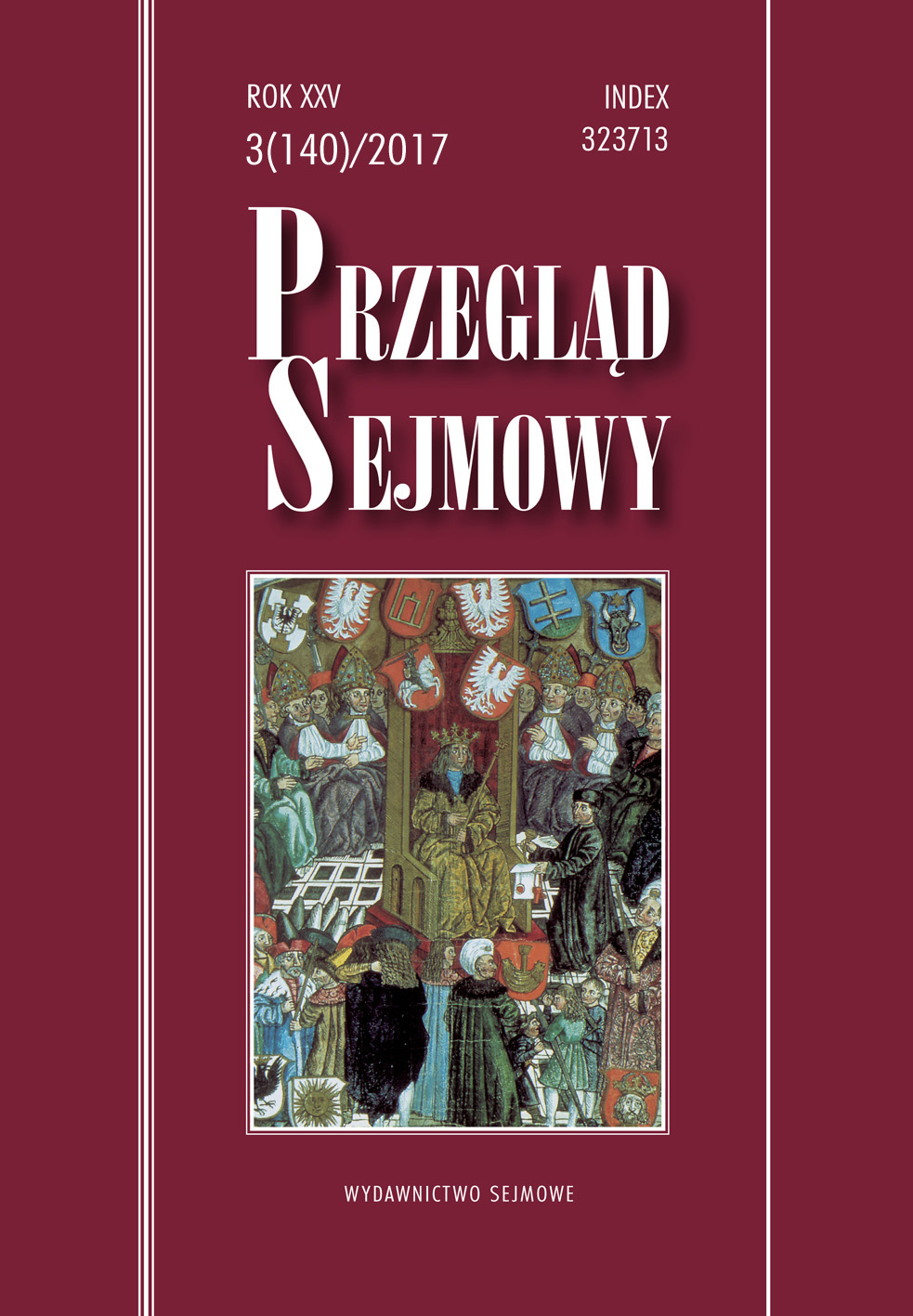E-voting a zasady prawa wyborczego. Analiza prawnoporównawcza
E-voting and the Principles of Electoral Law. A Comparitive Legal Analysis
Author(s): Marcin RulkaSubject(s): Law, Constitution, Jurisprudence, Electoral systems
Published by: Kancelaria Sejmu
Keywords: i-voting; elections; democracy
Summary/Abstract: The purpose of this article is to examine the compatibility of electronic voting using the electronic voting machines and the Internet voting (i-voting) with the principles of electoral law. The analysis shows that the greatest doubts may be raised about the compliance of the vote (mainly i-voting) with the principle of secrecy. Secrecy of the vote couldn’t be guaranteed because of an uncontrolled environment in which votes are cast and stored. Hence, the author considers the abolition of one of the elements of secrecy, which is a requirement of anonymity. He also points out the need of extending the rules of the electoral law to include the principle of the public nature of elections, which would guarantee the access of voters to the electoral process following the vote, which legal provisions governing electronic voting usually do not provide. Finally, he indicates the need for very cautious implementation of this method of voting.
Journal: Przegląd Sejmowy
- Issue Year: 2017
- Issue No: 3
- Page Range: 71-90
- Page Count: 20
- Language: Polish

